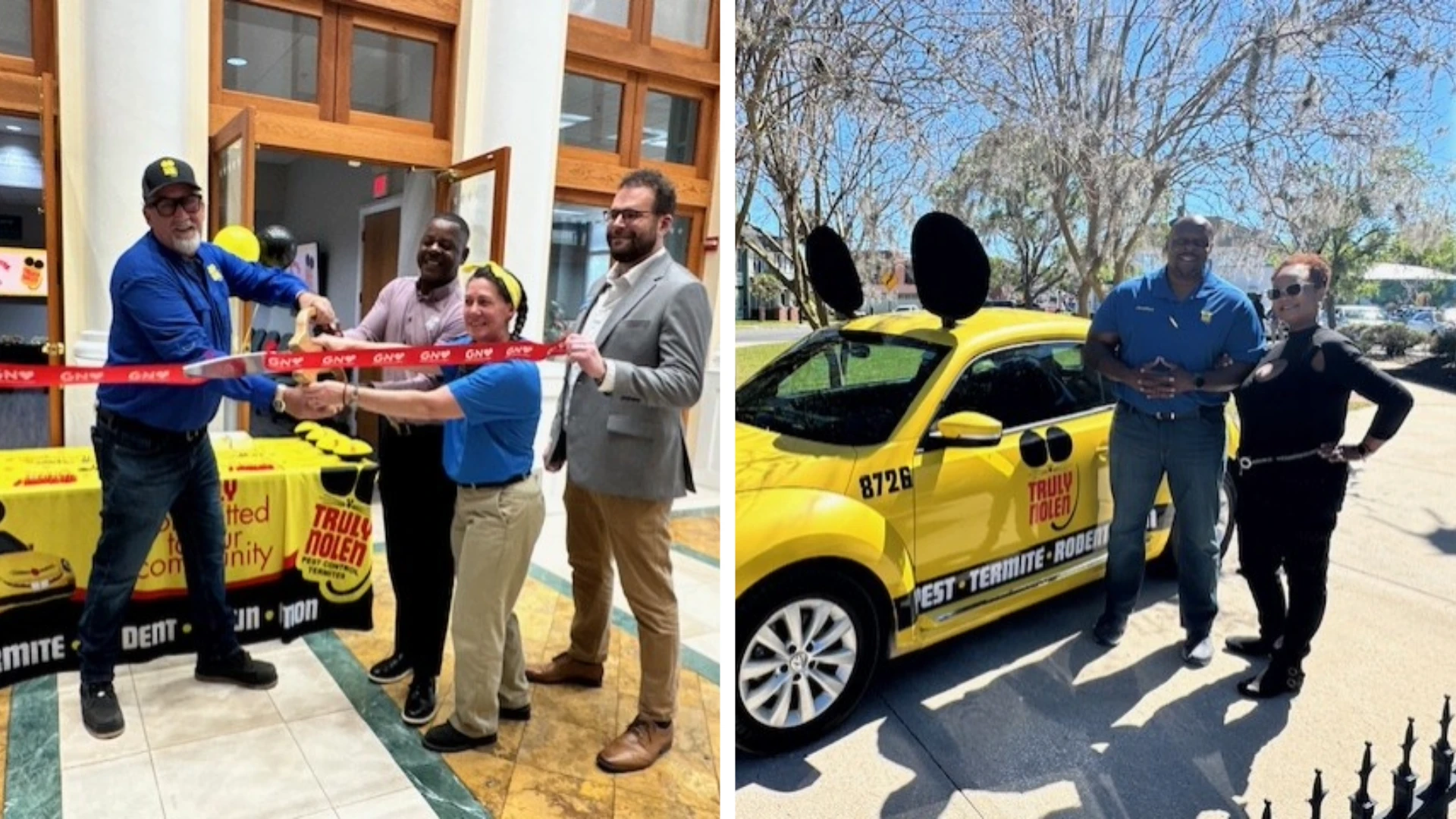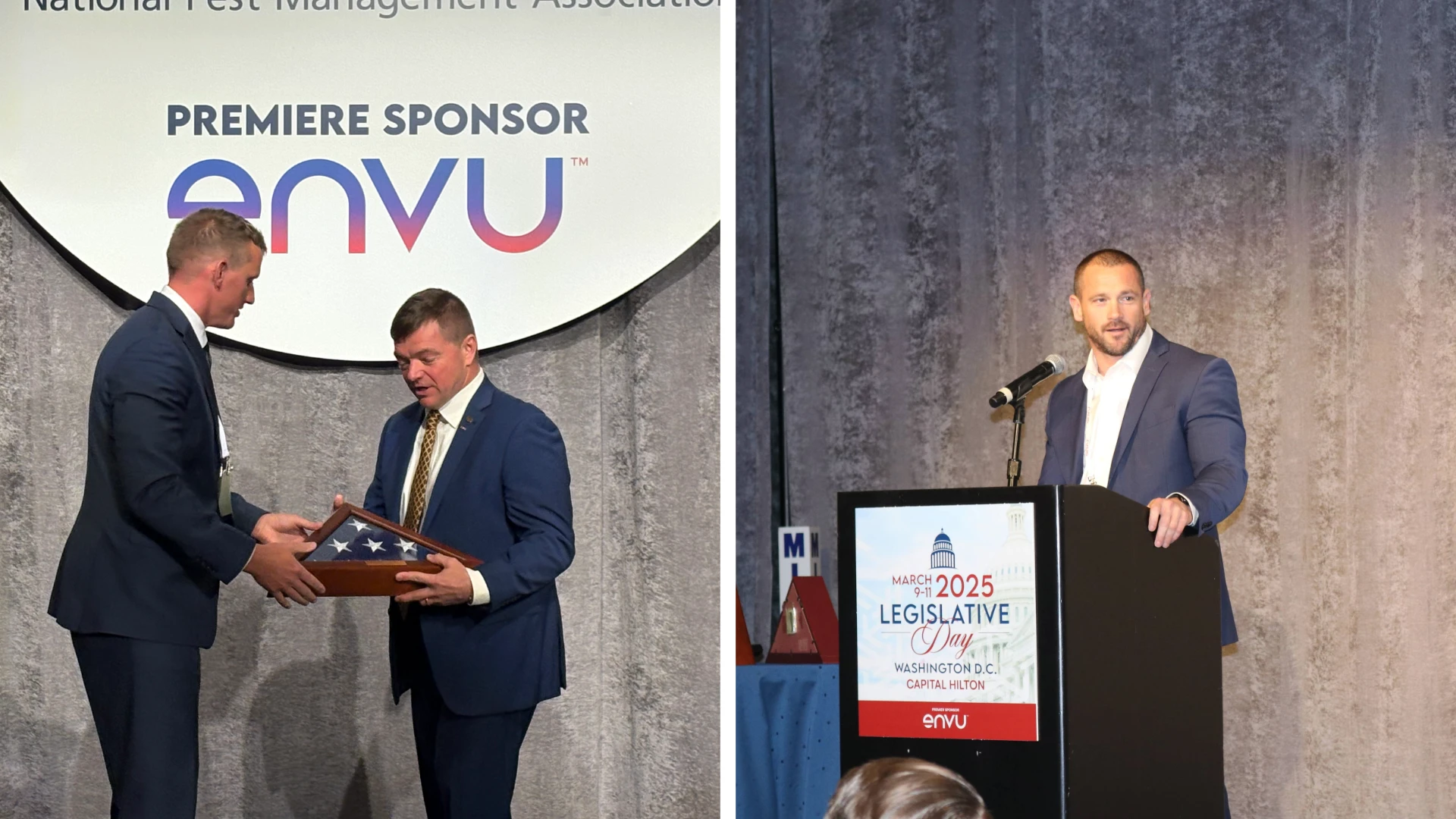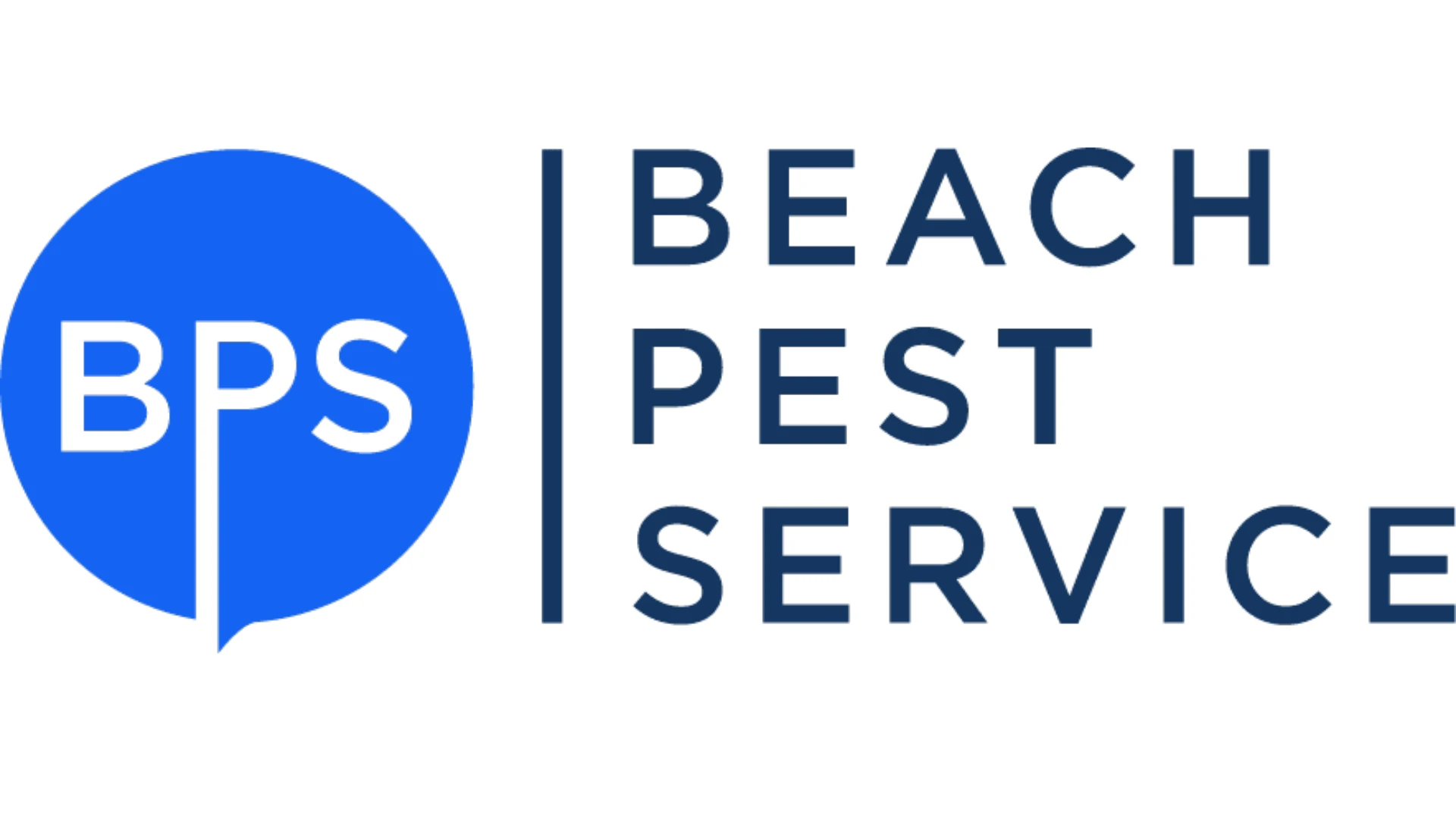FREDERICKSBURG, Va. - Educating and training technicians to professionally and accurately perform their jobs can be difficult at times. Pest management professionals (PMPs) usually rely on suppliers, distributors and various associations to provide courses to supplement the training they receive from their employers. The quality of this training varies from source to source. So, some state pest management associations have been working to create high quality, standardized curriculums. For example, the Virginia Pest Management Association (VPMA) held its 3rd annual State Technical Meeting in October. The event was the culmination of programs that helps pest management professionals remain up-to-date on training.
Laws and regulations governing the pest control industry have triggered organizations such as the VPMA to work cooperatively with regulatory officials to create uniform training programs. In 1997, current Congresswoman Thelma Drake introduced a bill that would regulate termite inspection practices in Virginia.
“There was a lot of inconsistency in how termite inspections, and the subsequent reports, were being made,” said Jeff Johnson, VPMA vice president and vice president, A-Active Termite and Pest Control. “There was a lot of discretion given to pest management technicians in how they handled a termite inspection.”
The legislation would have put wood destroying insect (WDI) inspections under the control of the Department of Professional and Occupational Regulation, but the agency did not have the money to support regulation of another sector of business, said Andrea Coron, VPMA executive director.
“We had a meeting with Drake to propose a training program and provide a set of standards to address her concerns,” Coron said.
With Drake’s approval and support, the legislation was dropped with the understanding that VPMA would develop and implement a WDI Inspector Certification Program.
In 2006, when regulators in Virginia’s Office of Pesticide Services identified pretreats as their number one enforcement priority, VPMA partnered with regulators to develop a pretreat training program.
FUNDING. Maintaining a high-level of training is something that the VPMA strives to do each year with its education programs and State Technical Meeting. Members of the VPMA Education Committee have multiple conference calls throughout the year to plan and revise the educational programs and events.
One of the most important things discussed is funding for these programs, which is always a concern.
“A main objective of all of our education programs is to provide financial and geographic accessibility to our members,” added Coron.
When VPMA began the Master Technician Program in 2001, funding only allowed for workshops to be held in the laboratory at Virginia Tech. This was an obstacle, as some technicians needed to travel across the state to attend the all day session, which focuses on insect identification and managment in a laboratory setting.
“It was expensive for companies to send technicians on the road with overnight lodging and travel expenses to acquire that training,” said Jerry McLawhorn, VPMA president and owner, Superior Exterminating Co. Inc.
The Education Committee began calling various distributors and suppliers to sponsor the Master Technician Program, which the VPMA now holds in two different regions of Virginia throughout the year. Distributors and suppliers donated close to $20,000 dollars to purchase the necessary microscopes, which took about two years to collect, Johnson said.
Sponsors for the annual State Technical Meeting have been easier to find. The education committee breaks them into Gold and Silver categories, based on how much they donate. Gold sponsors for the 2008 meeting included BASF, Bell Labs, Consolidated National Insurers with Fireman’s Fund Insurance, Forshaw Distribution and Residex. With an additional 11 silver sponsors, VPMA’s Education Committee built their strongest State Technical Meeting agenda to date.
“Generous donations from distributors and manufacturers make these programs affordable,” Johnson said.
Grants from the Virginia Pesticide Control Board in 2006 and 2007, provided funding for the development and implementation of a Professional Pretreat Workshop presented 11 times around Virginia.
“This type of partnership is a win-win situation,” explained Coron. “Our regulatory folks were assured that a high-quality training was made available, focusing on their number one enforcement priority. And, our members got truly top-notch training at a very affordable price.”
TRACKING PROGRESS. Typically, a conference call of the Education Committee will evaluate the previous year’s events and programs and look at current laws and regulations affecting technicians and new issues that need to be addressed. Local association meetings are a big source of suggestions for changes and revisions. Having both well-known, and extremely knowledgeable speakers to educate Virginia’s technicians is essential, Johnson said.
“We bring in some of the most experienced, most recognized consultants and researchers in the country so that pest management professionals have access to this caliber of training in a reasonable two-day training period at a reasonable cost,” McLawhorn said.
Themes and speakers for the VPMA State Technical Meeting agenda are decided based on two tracks at the conference: business management and technical. The 2008 year centered on issues in environmental health and safety concerns and termite control. Attendees of last year’s conference wanted actionable tools to bring back to their workers, a major theme in the business management session.
Kevin Kordek, president of A-Active Termite & Pest Control, was a keynote speaker for the 2008 conference. His presentation gave guests advice on how to handle tough decisions, both in business and personal matters.
Tools to create a new sales formula and generate success were also a major part of the business management sessions. Phil Cooper, president of Cooper Pest Solutions, made sure PMPs walked away with hands-on, applicable knowledge on this subject.
A significant portion of the management track focused on risk mitigation, coupled with a “train the trainer” element. This taught participants how to take the risk management information back to the office and train their fellow employees.
“PMPs have not been taught how to effectively take what they have learned and train others with the information. They’ve been taught to present their information based on the notes they’ve taken,” Johnson said. “By attending this session, they can then break into their operation and implement the training they received.”
Other topics covered in the business management sessions included recruiting, interviewing and performance management.
The focal point of the technical sessions, on the second day, was history and identification of various insects and how laws and regulations affect pest control inspections. In addition, human health was also covered.
Keynote speaker, Dr. Jerome Goddard, medical entomologist, spoke about how the phylum Arthropoda is important to the medical community. In addition, Dr. Goddard also addressed environmental health and safety concerns facing PMPs.
Next, Orkin Senior National Technical Director Paul Hardy discussed with the audience the changing face of termite inspection protocols and regulatory requirements. Dr. Dini Miller, associate professor of urban pest management at Virginia Tech, presented on odorous house ant biology and behavior, based on field studies done on the pest. Additionally, graduate students working under Dr. Miller presented bed bug research findings. Finally, Dr. Phil Koehler, a professor at the University of Florida, covered new products and strategies for controlling small flies in urban situations.
“We wanted the training meeting to be a full schedule with top-notch speakers,” Johnson said. “We wanted to have industry professors and researchers bring in the latest information that’s out there.”
BENEFITS. Each year, the VPMA Education Committee’s works hard to market the benefits of attending the education programs they offer, McLawhorn said. VPMA stresses that technicians get the training because it is positive for the entire pest management industry, McLawhorn said.
“I think one of the challenges in Virginia is getting the message out about training initiatives and the need to support those training opportunities,” he said. “The VPMA is bringing a much higher level of training and education to individuals and small businesses that don’t have the benefit of that caliber of training internally.”
Over 900 technicians have utilized VPMA’s WDI Inspector training. Nearly 350 technicians have learned through the Master Technician Workshop Series. In the two years of pretreat training offered, over 700 PMPs learned how to perform accurate pretreats. In addition, attendance rates for the State Technical Meeting have steadily risen, with 160 professionals attending in 2008.
Feedback has been positive, as complaints to VPMA’s Grievance Committee have been non-existent for close to four years, said Johnson, who attributes this to the uniform programs.
“Technicians are reporting their inspection findings the same way and using the same treatments – in Virginia, the label in the law!” he said. “Today, I get to chair the Grievance Committee without any grievances and it’s nice to have that.”
For the 2009 year, VMPA plans to focus on the current fire ant quarantine affecting the pest control industry in Virginia, and the rising bed bug problem. Recent recordkeeping regulation changes also will be a significant topic. They have already begun conference calls for the 2009 Virginia State Technical Meeting.
The author is contributor to PCT magazine and can be contacted at stoth@giemedia.com.
Latest from Pest Control Technology
- Understanding Rodents and Bird Flu
- Green Pest Solutions Awards Safest Driver New 2025 Ford F150
- UF/IFAS Sheds Light on Tiny Invaders During Termite Awareness Week
- Registration Open for Lawn & Landscape Technology Conference
- Fleetio Launches Automotive Service Excellence Scholarship
- WorkWave Appoints John Phelan as CTO
- PMPs Use Capitol Hill Visits to Push for Preemption
- 20 Trapping Tips





